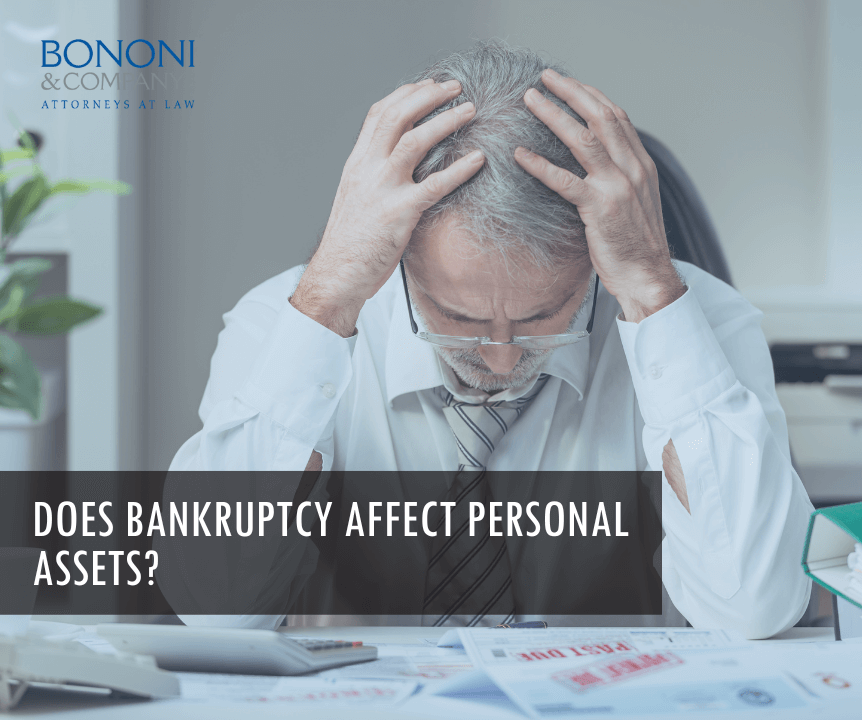
Bankruptcy typically does not affect your personal assets. However, the key issue to determine is are your assets exempt. Assets that are exempt under the bankruptcy code are assets that you are allowed to keep if you file. For most people this is all of your assets. Assets that you can keep are your house, car, retirement accounts, tools, guns, and checking accounts.
Although these assets are property that you can keep, it is important to have an evaluation done by an experienced bankruptcy attorney. All asset exemptions are subject to limitations. These limitations will oftentimes determine the chapter of bankruptcy that you may be eligible to file.
Chapter 7 allows you to liquidate your unsecured debt, such as credit cards, personal loans, and medical bills, all while keeping your exempted personal assets. Chapter 13 is a repayment plan that also allows you to keep your personal assets, but a repayment plan is required for a certain amount of your unsecured debts.
Our team can help you determine this repayment plan to maximize your assets and reduce your debts. Having an experienced bankruptcy attorney allows you to know the effect bankruptcy will have on your assets.
Having an experienced bankruptcy attorney will allow you to maximize your personal assets. We have the experience necessary to provide a personalized asset evaluation so you can obtain a fresh start from your debt in bankruptcy without unknown affects to your personal assets. Contact us for a free bankruptcy case evaluation.
If you have any questions about the topic discussed in this article, or any bankruptcy law matter, please give us a call at Bononi & Company 724-832-2499.
